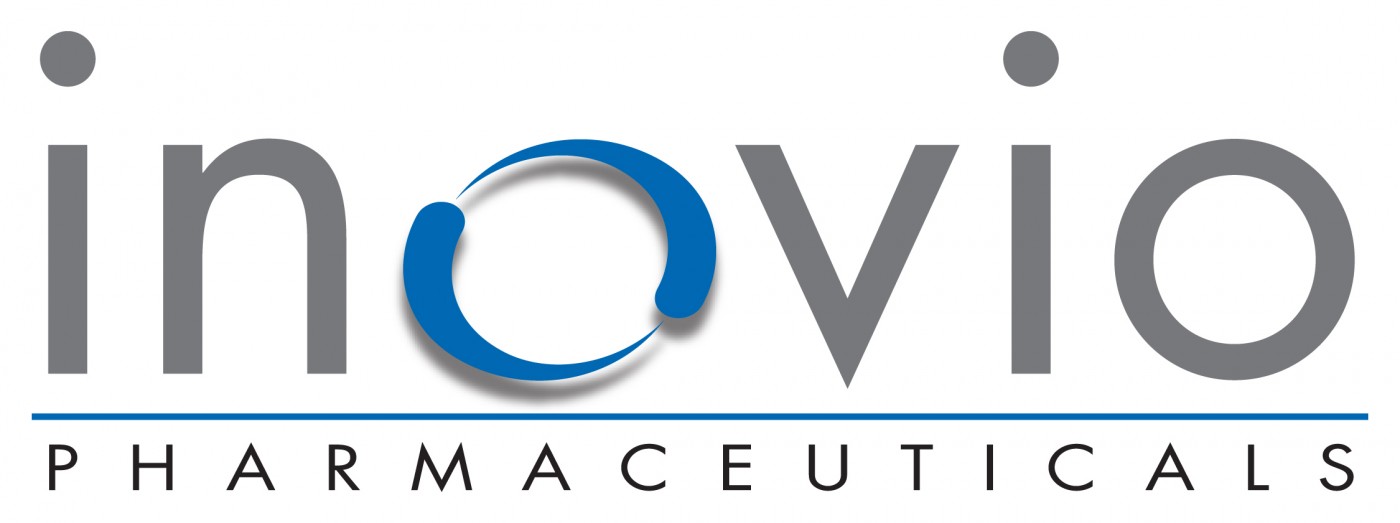 Inovio Pharmaceuticals Inc., a biotech company developing innovative vaccine strategies to fight cancer and infectious diseases, has announced that its randomized, double-blind, placebo-controlled phase II trial of VGX-3100 successfully reached the proposed primary efficacy endpoints, whereby regression of precancerous cervical disease was achieved and human papillomavirus (HPV) infection was cleared with robust T cell responses.
Inovio Pharmaceuticals Inc., a biotech company developing innovative vaccine strategies to fight cancer and infectious diseases, has announced that its randomized, double-blind, placebo-controlled phase II trial of VGX-3100 successfully reached the proposed primary efficacy endpoints, whereby regression of precancerous cervical disease was achieved and human papillomavirus (HPV) infection was cleared with robust T cell responses.
“This is a significant step toward providing women and their physicians a non-surgical approach to the treatment of precancerous lesions by stimulating their immune system to eliminate high risk HPV infection and induce regression of a cervical intraepithelial neoplastic process,” said Mark Bagarazzi, MD, Chief Medical Officer, Inovio Pharmaceuticals. “This proof of concept trial will guide the advancement of VGX-3100 for precancerous dysplasias as well as HPV-associated cervical, head and neck, and anogenital cancers.”
HPV is a DNA virus from the papillomavirus family that can infect humans and establish productive infections in keratinocytes of the skin or mucous membranes. With approximately 11% of the world population infected, HPV is considered the most common sexually transmitted disease. Although the majority of HPV infections are cleared by naturally occurring immune responses, persistent HPV infection can lead to cervical intraepithelial neoplasias (CIN), the potentially premalignant transformation and abnormal growth of squamous cells on the surface of the cervix that can progress to become cervical cancer. There are three types of CIN, however all cervical cancers arise from untreated CIN2/3.
Each year in the United States alone, 1.4 million women are diagnosed with CIN1 and 300,000-400,000 women are diagnosed with CIN 2/3.
Of the 120 known HPV strains, 15 of them are classified as high-risk types, including HPV types 16 and 18, which are responsible for 70% of cervical dysplasia and cervical cancer cases.
The clinical trial, led by Cornelia Trimble, MD, Associate Professor of Gynecology and Obstetrics, Oncology, and Pathology, Johns Hopkins School of Medicine, followed women with biopsy-proven CIN2/3 associated with HPV types 16 or 18 who were treated either with placebo or VGX-3100, a specific immunotherapy consisting of two DNA plasmids targeting E6 and E7, the two primary oncogenes of these types of HPV. The E6/E7 proteins are responsible for the inactivation of two major tumor suppressor proteins, p53 (inactivated by E6) and pRb (inactivated by E7). These plasmids were administered to patients by injection into muscle (typically in the arm), followed by electroporation using Inovio’s CELLECTRA® device.
Treatment was randomized 3:1 between the VGX-3100 and placebo groups, and was stratified by age and severity of CIN. The primary endpoint was defined as histologic regression and evaluated 36 weeks after the first treatment.
The researchers observed that treatment with VGX-3100 significantly resolved CIN2/3 to CIN1 or no disease in 49.5% of women treated vs 30.6% in placebo-treated patients. Moreover, one of the secondary endpoints of the trial, determined as virological clearance of HPV 16 or 18 from the cervix in conjunction with histopathological regression of cervical dysplasia to CIN1 or no disease, was observed in 40.2% of VGX-3100 treated patients compared to 14.3% of placebo recipients.
As was verified in the phase I study, VGX-3100 elicited robust HPV-specific T cell responses in most treated subjects, with researchers now undergoing a comprehensive immunological analysis of the T cell responses mounted.
Overall, VGX-3100 treatment was well tolerated, with only administration site redness occurring in the 7- and 28-day periods following treatment.
“Beyond the direct clinical implications of this phase II study, these results are a breakthrough for the field of immunotherapies. This efficacy and T cell data provide evidence that our SynCon® immunotherapy technology can activate the immune system to fight chronic infections, pre-cancers — and ultimately, cancers,” said Dr. J. Joseph Kim, Inovio’s President and CEO. “These results significantly de-risk our product and business development strategy for VGX-3100 and our broad pipeline of SynCon® active immune therapy and vaccine products”.
In addition to this cervical dysplasia study, Inovio is also conducting studies using VGX-3100 against cervical as well as head and neck cancers caused by the same HPV types.


